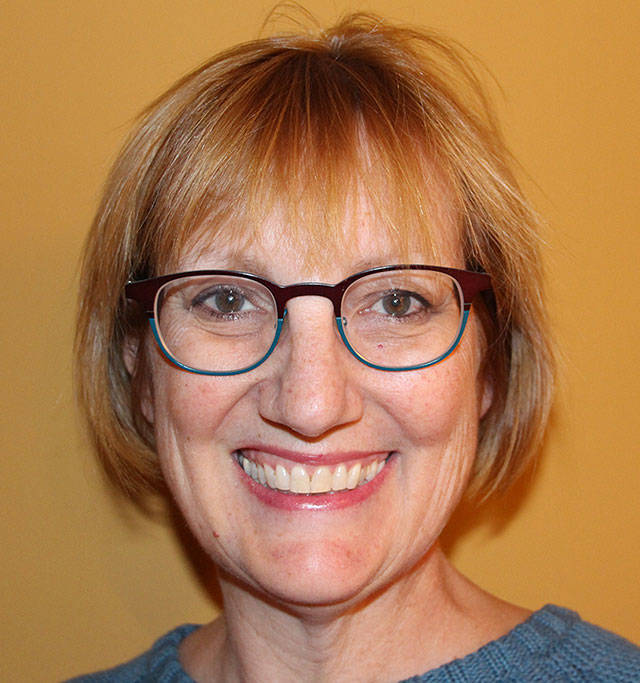The value to women of forming “Boards of Advisors” to advise, brainstorm with and support each other is tremendous. I should know: I’m a “women’s group junkie.” I belong to a “conflicted moms” group, a parenting group and a book group. I’ve coached a Board of Advisors of senior professional women at Harvard Business School’s Executive Women’s Leadership Forum and a mid-profession women’s Board of Advisors formed by a group of friends here in the Seattle area. All of these groups have enriched my life and the lives of their members.
A woman’s Board of Advisors is not solely a support group. The term Board of Advisors underscores the group’s commitment to offering advice, identifying “what if” scenarios and supporting each other around a common set of topics that can evolve over time.
My “conflicted moms” group is a great example. Although we weren’t familiar with the term 20 years ago when we started, our purpose was to serve as a Board of Advisors for each other. We all had young children and were working full time, and we called ourselves a “career moms” group. We formed to share ideas about balancing work and parenting, and came to rely on each other for solutions to problems, a shoulder to cry on and a safe environment for working through ideas how to lead a balanced life. We changed our name to “conflicted” instead of “career” when several members left the work force. We’ve helped each other through career changes; kid crises and celebrations; divorces, dating and remarriages; health issues; and the death of parents.
Starting a Board of Advisors involves choosing an interest area; finding other women who share your interest; deciding whether to have a facilitator/coach; and establishing the timing, format and logistics of meetings. Topics can range from careers, to parenting (or not parenting, for that matter) to an activity or topic (e.g. civic issues).
The ideal approach to finding women for your Board of Advisors is to talk to several women you’d like to spend time with until you find one or two who become equally committed to your idea. Then start inviting people and asking them to invite people until you’ve found five to 10 women to participate.
A facilitator will hold the focus of the group, navigate through conflict and help balance the contributions of group members. In my parenting group, our facilitator has researched specific parenting dilemmas; in my Board of Advisors groups, members have worked through career and personal challenges. Groups also can thrive without a facilitator. They need to establish mechanisms to ensure members are satisfied and address conflict if it arises. An annual check-in (more often in the first year or two) can help resolve issues.
We didn’t know how meaningful our women’s groups would become to us when we started — or how much fun we would have. There’s no need to go it on your own — create a Board of Advisors, and leverage what you all can contribute.
Island resident Carrie George is a leadership coach and can be reached at carrieg@live.com.


